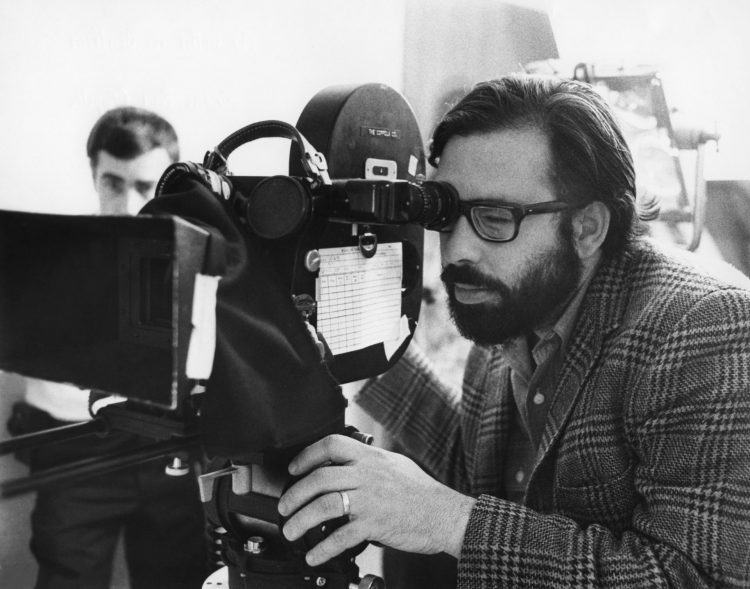Legendary filmmaker Francis Ford Coppola has lauded the success of Greta Gerwig‘s “Barbie” and Christopher Nolan’s “Oppenheimer,” celebrating their record-breaking debut weekends as a “victory for cinema.” In an Instagram Stories Q&A session with fans, Coppola expressed his excitement about the films’ achievements, noting that both movies attracted large audiences to theaters despite not being sequels or prequels, which he sees as a triumph for the art of standalone filmmaking.
While Coppola admitted that he has yet to see “Barbie” and “Oppenheimer,” he commended the fact that these original films have managed to draw in audiences and achieve substantial box office success. “Barbie” not only had one of the top openings since the pandemic but also broke the record for the biggest opening for a female director, helmed by Greta Gerwig. On the other hand, Christopher Nolan’s “Oppenheimer” ranked as the third-biggest opening ever for a biographical film in North America.
The acclaimed director is well-known for his aversion to sequels, prequels, and the proliferation of franchise-oriented films in the modern movie industry. Despite having directed “The Godfather” trilogy, Coppola has criticized the dominance of Marvel movies and their formulaic approach to filmmaking.
In a previous interview with GQ magazine, Coppola stated, “There used to be studio films. Now there are Marvel pictures. And what is a Marvel picture? A Marvel picture is one prototype movie that is made over and over and over and over and over again to look different.”
Having witnessed the transformation of the film industry over the course of his more than five-decade-long career, Coppola is hopeful for the future of cinema. When asked about his predictions for cinema in the next ten years, he expressed optimism, believing that we may be on the verge of a golden age with innovative and enlightening films being showcased in large theaters.
As “Barbie” and “Oppenheimer” continue to play in theaters, the success of these original and daring projects serves as a reminder of the potential for captivating storytelling and meaningful cinematic experiences. Their accomplishments reinforce the idea that audiences are still eager to embrace original content that pushes the boundaries of creativity and storytelling, a sentiment that Coppola celebrates as a victory for the art of cinema.




















